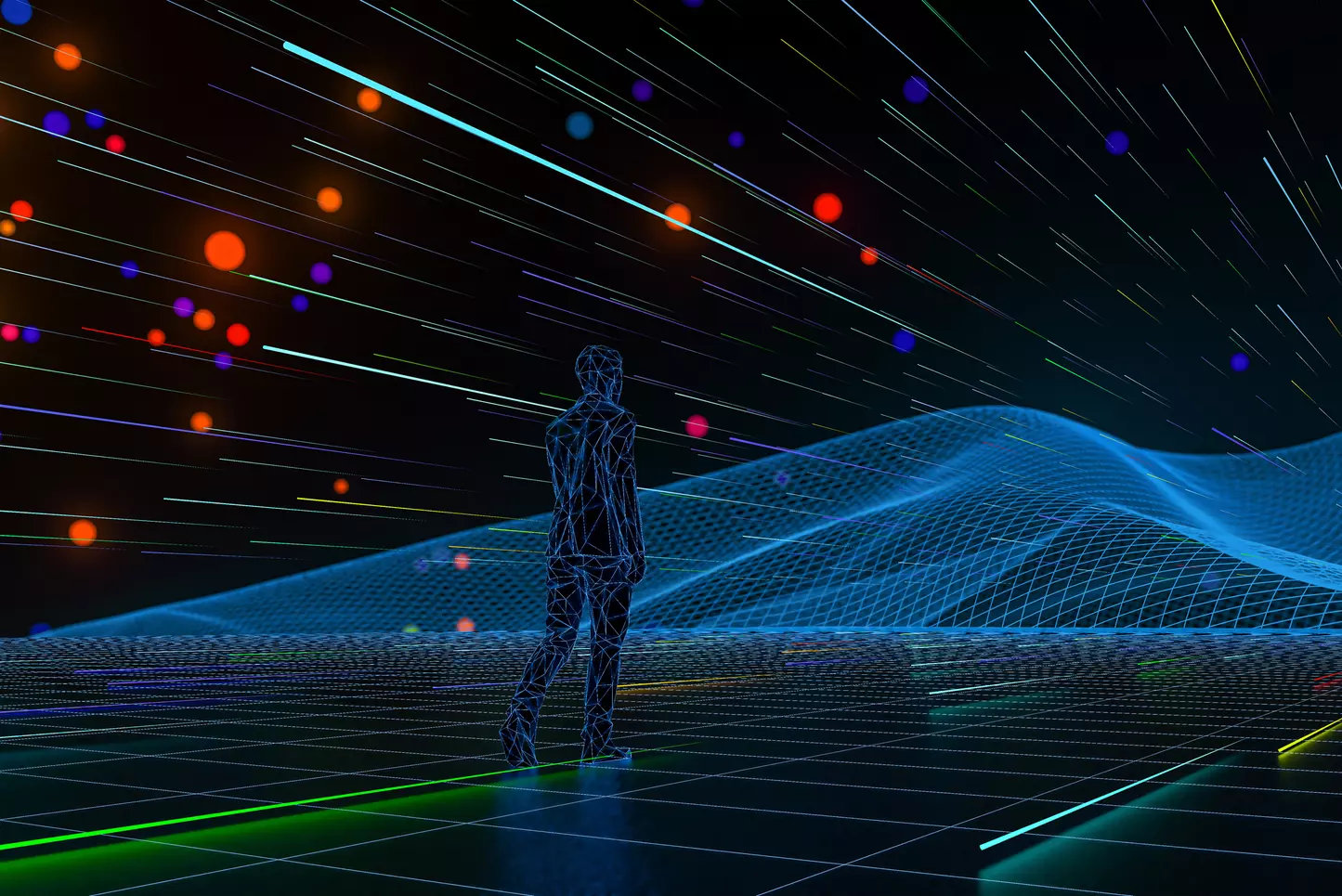The value of the Artificial Intelligence market in Italy is Euro 760 million, with a 52% growth in 2023 alone. In our country, six out of ten large companies have already initiated at least one AI project (only 18% of small and medium-sized companies). One in four Italians have interacted at least once with ChatGPT, although eight out of ten express some apprehension about the revolution under way.
These few data, borrowed from the research of the Artificial Intelligence Observatory of the School of Management of Politecnico di Milano University, are enough to understand the extent of the phenomenon we are facing. The research itself highlights two important aspects: the first concerns the world of work and the second the social, cultural and ethical implications that we will all (without exclusion) have to face.
Presently in Italy, Artificial Intelligence already has the potential to automate 50% of ‘job equivalents’, but within ten years it could replace 3.8 million people. A figure that must be correctly measured, taking into account demographic forecasts and the declining birth rate. Due to the ageing population and projecting a gap of 5.6 million job equivalents by 2033, this automation process seems to be almost a necessity.
Businesses have realised this and show great interest in the topic, but also a lot of confusion. According to a survey conducted by Talent Garden and Politecnico di Milano University, 38% of the companies surveyed are planning reskilling and upskilling for their employees in AI. However, more than half (55%) do not know what budget to allocate to training activities, as if to say that they perceive the need but do not have a clear idea.
As was the case with sustainability and ‘green washing’, in the digital domain also, the risk is that of ‘AI washing’, a phenomenon that can only be confined through expertise. Here, the university presents itself as a reliable interlocutor.
According to the World Economic Forum's ‘Jobs of the Future’ Report (2023), six out of ten workers will need ad hoc training in the next five years. It is no coincidence that Politecnico di Milano University launched the AIRIC - Artificial Intelligence Research and Innovation Center in 2022: a bridge between universities and companies, both to guide them in the introduction of AI in their processes and products and to support them in the development of in-house skills that are up to the challenges of the future.
“It is difficult to think of a single technology that will shape our world more than Artificial Intelligence in the next 50 years.” Barack Obama said this years ago. Today, we have no doubt about the scale of the challenge at hand. And, as always in the evolution of any emerging technology, after a phase of ferment comes an inflection point: from then on, the impact on society undergoes a drastic acceleration. We have already experienced this at the end of the 1990s with mass access to the Internet and at the end of the 2000s with the spread of mobile.
Here again, there is no doubt that we are facing a real shift in paradigm. In particular, it is estimated that generative intelligence could achieve human performance by the end of this decade in areas related to creativity, logical reasoning, problem solving and natural language understanding. The need for literate workers and citizens will therefore increase, in every professional sector and in many contexts of interaction. And this will not only imply new skills, but also a new way of thinking in which knowing how to ask the right questions will be crucial.
Translated, it will be crucial to develop a critical sense, to understand whether and how this change will prove sustainable, in the broadest sense of the term. How we manage the change to generative Artificial Intelligence will mark a transition in identity as individuals, as social entities, as political organisations. Europe has already expressed a clear stance of protecting democratic values and the individual, and it is in the wake of the AI Act and risk prevention that the current developments should be traced back.
* rector of Politecnico di Milano University
